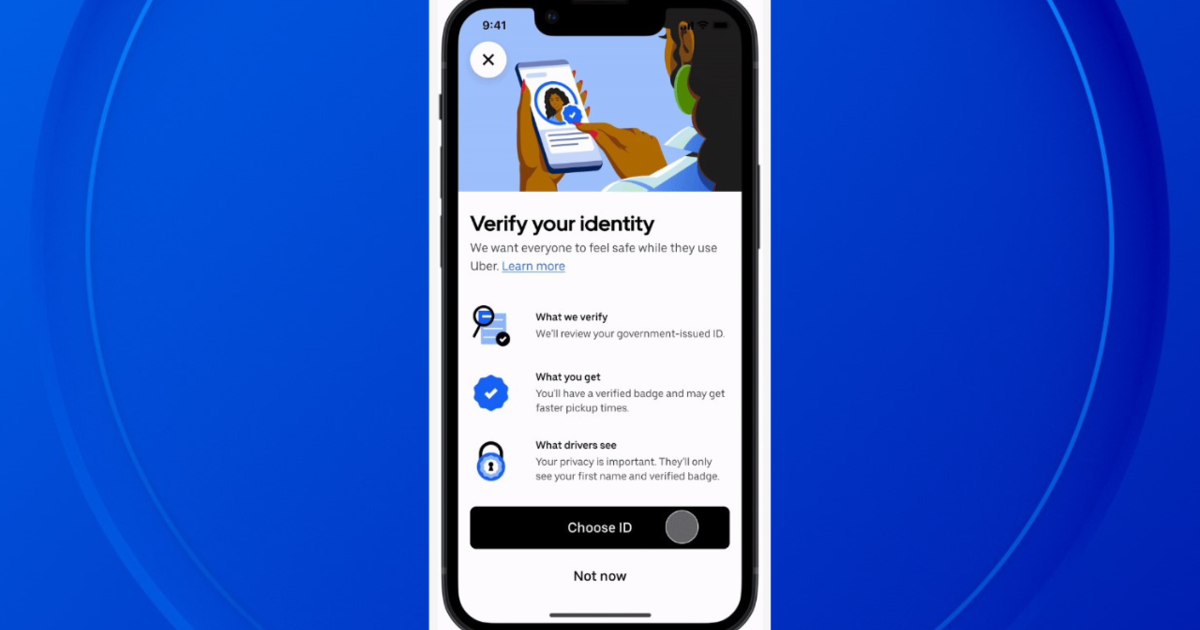'Bridging The Workforce Divide' Blog: The Two Job Markets
By Jim Pawlak
There are two types of job markets: public and hidden. The public market is obvious because you can find ads online (career sites and company websites) and in newspapers. It accounts for about 15 percent of new hires. The "hidden" is really a misnomer; it's really the referral job market. It accounts for the majority of new hires.
Let's explore how each of these works. Public job market – Version 1: A company posts an ad and receives résumés. The first résumés it receives have the best chance of winning the interview lottery. Why? HR doesn't read all the résumés it receives. It stops reading when it identifies a sufficient number of qualified candidates for phone interviews – generally 10-15.
To help screen résumés, many firms use software that scans for keywords matching those in the job description – which generally isn't fully published in the ad, but is usually available on the firm's Web site. The keyword search points out the importance of customizing your résumé when responding to ads. It also means your cover letter is ignored unless you make it to the phone interview.
What happens to the résumés that don't get read? They get pitched. And don't expect a "Thanks for applying" response. Companies don't have the time or money to send responses to applicants who don't make the cut. An HR recruiter friend at a major health system places ads for over 500 positions each year. She said each ad placed generates about 200 responses. Imagine how much time and money it would take to send out over 90,000 "Thanks for applying" replies.
Version 2: Companies do online searches for résumés. They use keyword searches with software provided by the job-posting Web site. It's virtually impossible to customize your résumé to cover all the bases. One keyword that companies include in their search is the date your résumé was posted. They want "fresh" postings and assume that if your résumé is over a few weeks old that you're already interviewing. So refresh your résumé frequently; it's as easy as deleting a period and reinserting it.
One pitfall of posting online involves firms keyword searching for their company name to see which employees are job hunting. Even if your name is coded, your résumé includes the name of your employer; your job title/accomplishment information gives you away. I know one guy whose supervisor told him there was no point in promoting someone looking for a new job.
The Hidden/Referral job market: Every time I speak to a group of job hunters I ask: "How many of you know people who were hired because they were referred by someone?" A sea of hands always shoots up. I then ask what they are doing to tap the referral market. Most say nothing.
The referral job market remains untapped if job hunters don't make an effort to network. The favorite non-networking excuse is: "It's self-promotion." Duh! That's just what every job search is. You are selling YOU. Aren't you self-promoting when you send a cover letter and résumé? YES. Aren't you self-promoting when you interview? YES.
Look at the logic: Are you better off trusting an HR person who relies on keyword matches to select candidates? Or would a friend who knows what you're capable of doing stand a better chance of getting your résumé into the interview queue? I'm writing this blog because of a referral from a fellow journalist.
Networking isn't difficult. It requires a willingness to speak with people, a networking résumé and business cards. The networking résumé is functional, not chronological. It's skill-driven so those with whom you network can easily identify your skills and how you've used them. It focuses on your strengths.
You need to have business cards so that your contacts can pass them along (i.e. give a contact five). Your business card should include your professional summary and major skills on the back; it's a mini-résumé.
Jim Pawlak left a VP position at a Ford Motor Company subsidiary for new careers in journalism and workforce development. He writes two weekly columns: Career Moves, (1992) covers job search and workplace; Biz Books (2001) reviews business books. Pawlak also works with non-profits and faith-based organizations on workforce development for individuals with barriers to employment.
Pawlak holds a BS and MBA from the University of Detroit and has been a member of the International Coach Federation since 1994. Contact him at careermoves@hotmail.com



